Introduction
Yes, hands and paws up for cornbread. Cornbread is a dog-friendly human food as long as it is made following the traditional recipe and offered in moderation.
Some human foods like carrots and apples are perfectly safe for dogs, while others like chocolate and garlic are extremely dangerous. Cornbread is somewhere in the middle – safe when used reasonably, potentially hazardous if overfed.
Why is Cornbread Good for Dogs?
We already stated that cornbread is safe for dogs. However, whether it is good is something else completely. Although not particularly wholesome and without a unique nutritional profile, cornbread adds variety to the menu. Let’s go through the potential health welfares of cornbread for dogs.
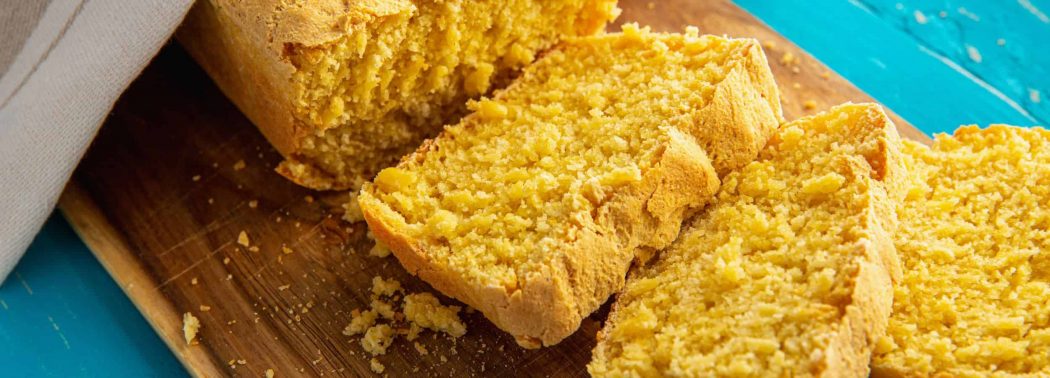
Vitamins and Minerals
Although not particularly loaded with vitamins and minerals, cornbread has its fair share of calcium, phosphorus, potassium, magnesium, iron, vitamin A, and B-complex vitamins (B6, B9, and B12).
Comfort Food for Dogs
Cornbread is the ultimate quintessential comfort food for humans. However, dogs need comfort foods, too, and cornbread fits the profile. The truth is everything that comes from the owner’s plate is comfort food for canines.
Can Cornbread be Bad for Dogs?
As you can see, giving your dog cornbread makes an excellent comfort food for dogs. Therefore, it is only logical to wonder – why not make the cornbread a regular addition to the dog’s menu?
Well, we mentioned that excess cornbread (too much or too often) is more than dogs need and can handle. Here are the reasons why overfeeding cornbread is not a good idea.
Digestive Upsets
All human foods can cause digestive upsets in dogs (even dog foods can if switched suddenly). Cornbread is more likely to upset the dog’s sensitive stomach and trigger bouts of vomiting and diarrhea when enriched with cornbread stuffing or dressing.
The Stuffing/Dressing Issue
Some stuffing/dressing ingredients increase the risk of stomach upsets, while others are straightforward toxic to dogs. For example, garlic and onion are extremely toxic to dogs in all their forms (raw, cooked, and powdered).
Wheat Allergies
Wheat allergies in dogs are worth mentioning, although not as widespread as most owners believe. In fact, in a study of 278 dogs with food allergies, only 42 were allergic to wheat. In contrast, 95 of them were allergic to beef and 55 to dairy. If your dog has a wheat allergy, diarrhea, bloating, gassiness, and tummy aches will develop.
Corn Allergies
In the study mentioned above, corn was the allergy-triggering culprit in 7 cases. Even though extremely rare, corn allergies are something you should bear in mind. In terms of clinical manifestation, the signs and symptoms are the same as with all food allergies.
Lactose Intolerances
As you already know, most dogs are lactose intolerant, meaning they lack the lactase enzyme necessary for processing milk sugars. When a lactose-intolerant dog consumes milk, it manifests the telltale signs of a tummy upset.
Empty Calories
Based on the recipe, cornbread can be too caloric for dogs. For example, including butter results in fat-derived calories and putting too much sugar in carbohydrate-derived calories.
How Much Cornbread Can my Dog Eat?
When giving your dog cornbread, or any other human food, moderation is of paramount importance. The recommended serving size of cornbread is several bite-sized chunks (the exact chunk size obviously depends on the dog’s size).
When indulging your dog with cornbread for the first time, do not give the full portion. Start by providing one or a maximum of two chunks of cornbread. If there are no signs of trouble, feel free to increase the serving size next time.
Finally, for the feeding frequency, once every two or three weeks is more than enough. As explained, cornbread is not exceptionally nutritious, and there is no need to be served more frequently.
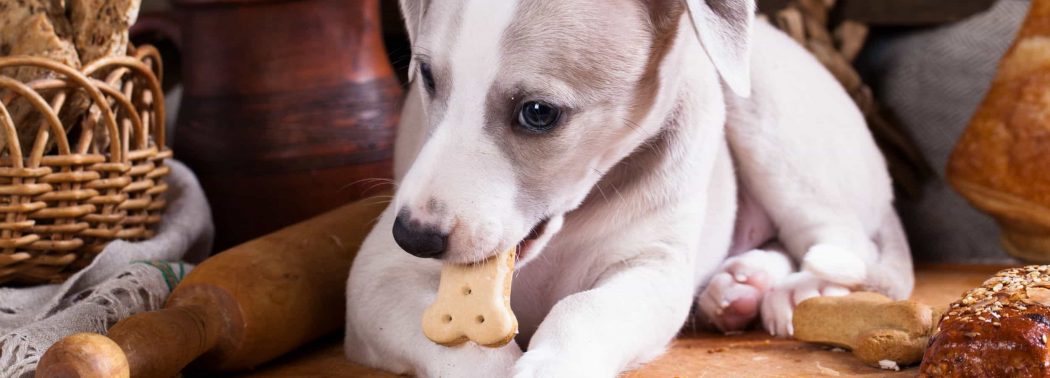
How to Prepare and Serve Cornbread for Your Dog?
To prepare a dog-friendly cornbread, stick to the basic cornbread recipe and use the traditional ingredients such as wheat flour, cornmeal, eggs, milk, baking powder, and a dash of salt and sugar. Do not use commercially available mix-ins (more often than not, they contain too much salt, sugar, and additives).
If your dog is lactose intolerant (which is highly likely), you can replace the regular milk with a lactose-free or plant-based milk (oat, almond, soy) alternative. And to make the recipe tastier, you can add tiny amounts of bacon, low-fat cheese (once again based on your dog’s lactose tolerance), bell peppers, corn kernels, and herbs (dill, parsley).
It is imperative that you avoid some commonly used cornbread ingredients that are dangerous for dogs. Such foods include butter, crumbled sausages, pepperoni, spicy peppers, scallions, onion, and garlic.
Once the cornbread is baked and cooled down, it is serving time. Ideally, it would be best if you chopped your dog’s piece of cornbread into smaller bite-sized chunks. That way, dogs with voracious appetites will have more time to savor the treat.
Frequently Asked Questions
Yes, dogs can eat cornbread milk. However, if they are lactose intolerant or suffer from milk allergies, it is advisable to prepare the cornbread using lactose-free dairy milk, or ideally, with plant-based milk substitutes.
The answer is both yes and no. Namely, whether dogs can eat cornbread stuffing depends on the ingredients included. For example, a stuffing made of peppers, corn, and aromatic herbs is safe for dogs. However, dogs must not eat cornbread stuffing made from fresh or powdered onion, garlic, and fatty meats.
Summary
To sum up, dogs can eat cornbread. Cornbread makes a good occasional addition to the dog’s menu. When combined with a high-quality and nutritionally balanced diet, it is great for adding variety to the nutrition plan.
However, you need to ensure the cornbread is correctly made. Meaning, always make sure to prepare the cornbread from scratch – avoid commercially available mix-ins and stick to the traditional, dog-friendly ingredients.
All things considered, our final verdict would be that when it comes to canine companions, cornbread is a “sometimes” food.
Sources
- Food Allergy Myths, Dr. Jennifer Coates, 2011
- Canine Corn Bread Dog Recipe, Eve Peterson
- Allium species poisoning in dogs and cats, BS Salgado, 2011
- Is it ok to give my dog plant-based milk?, FirstVet, 2021
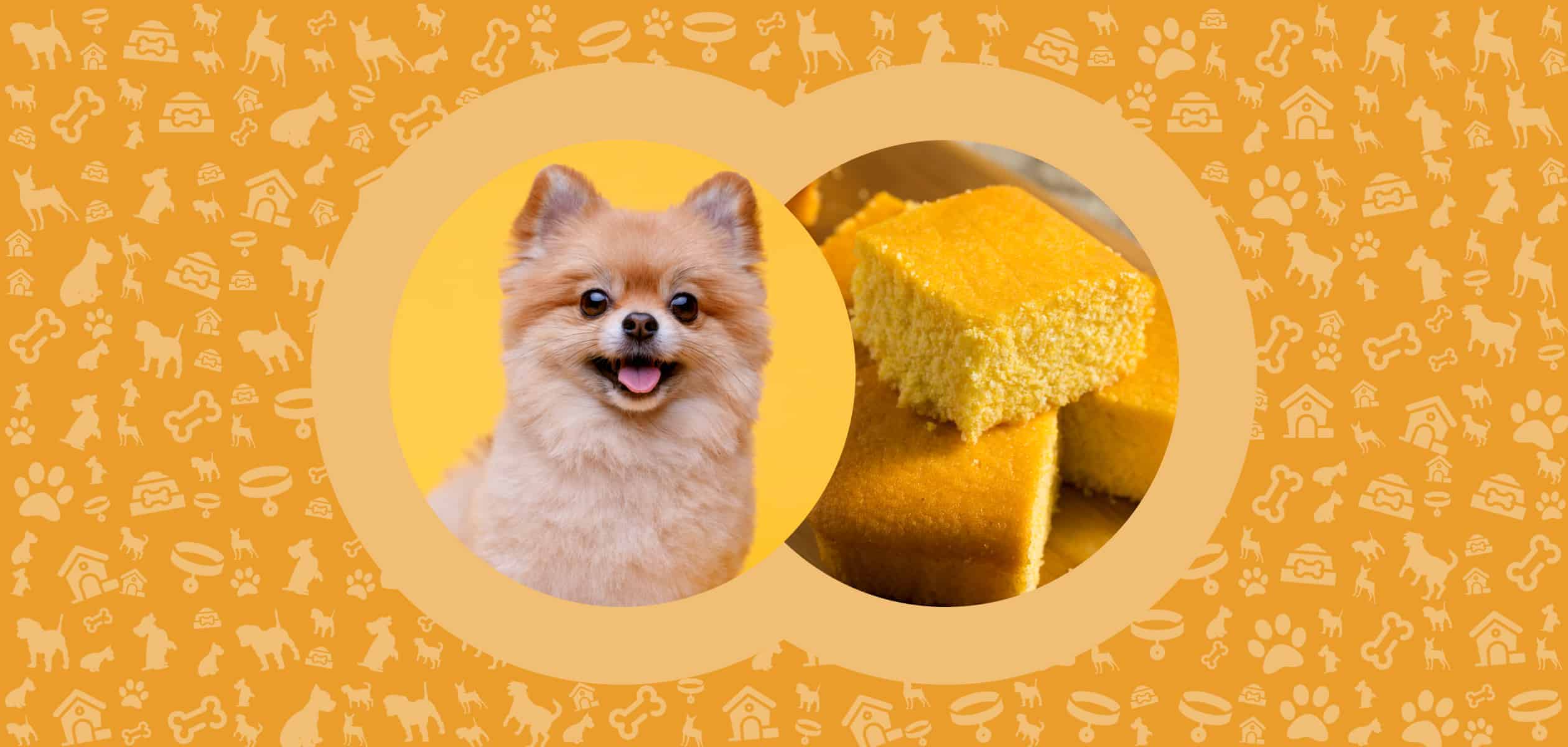
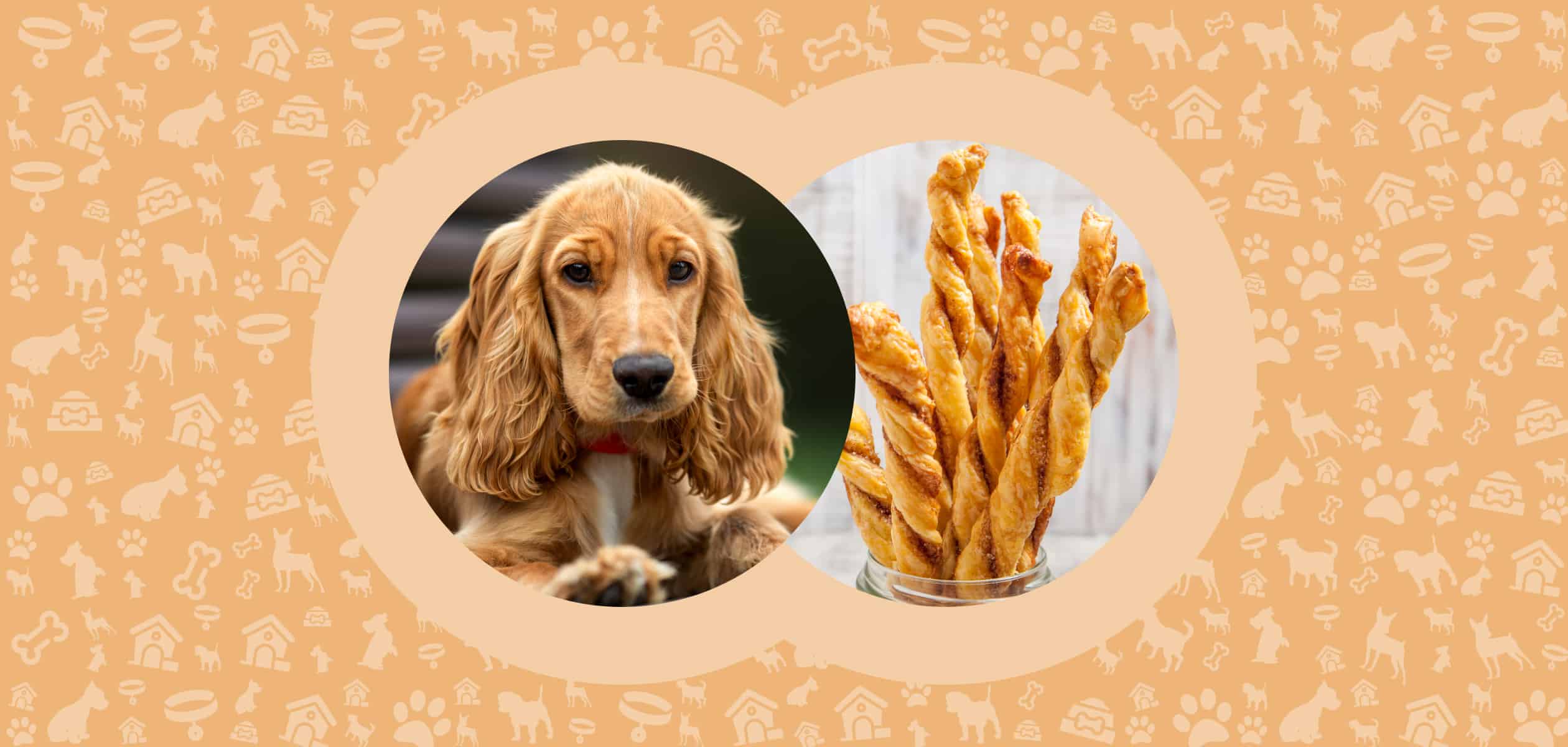
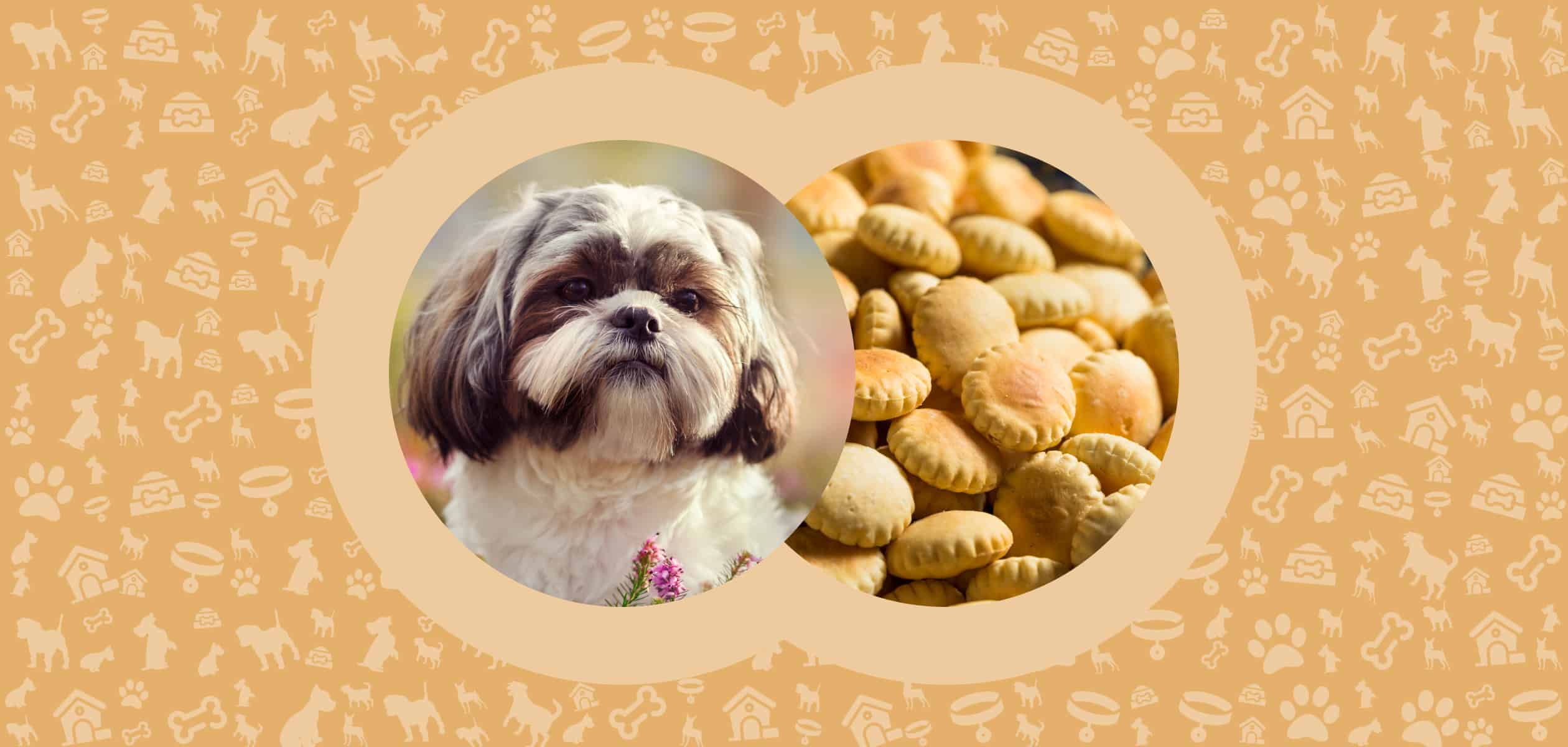

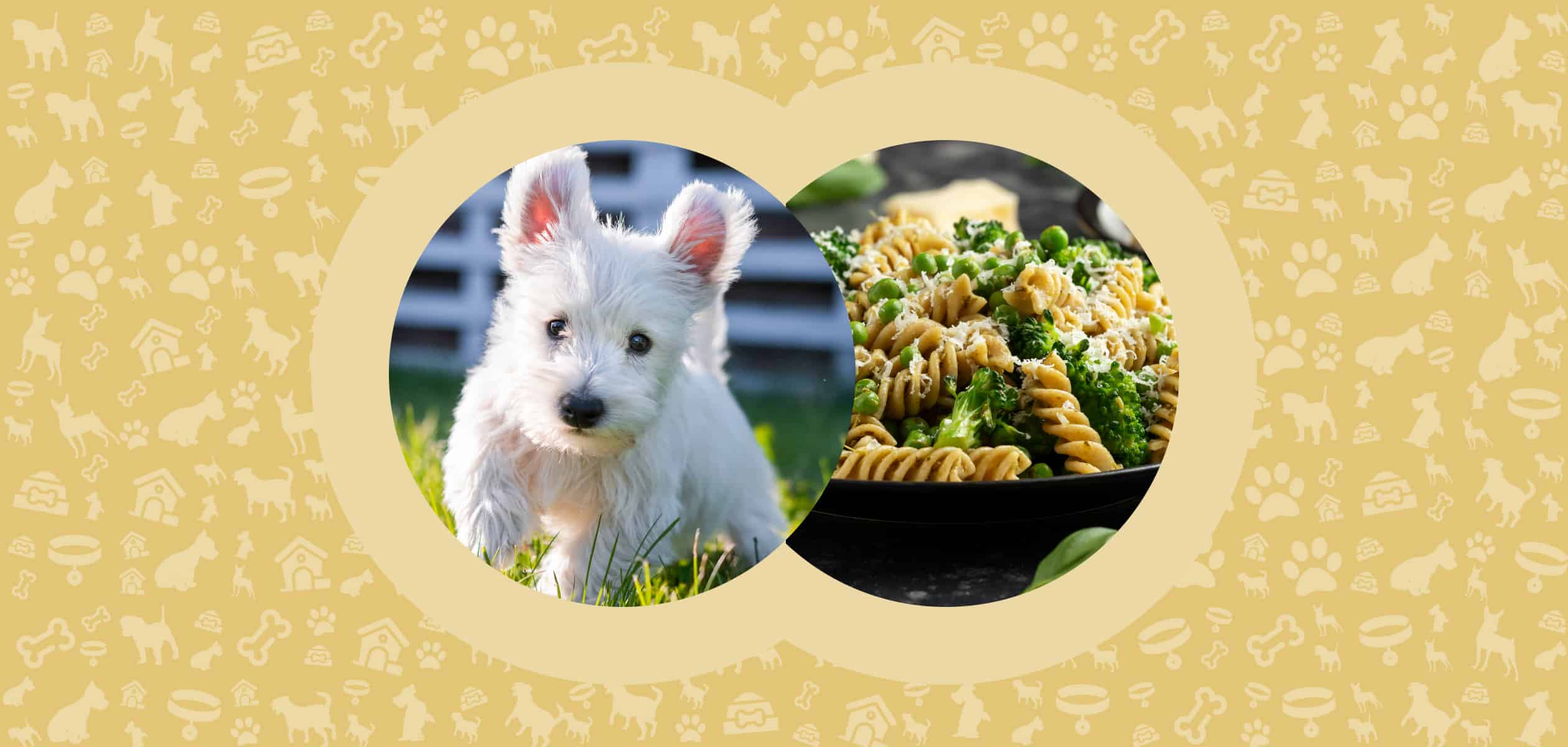
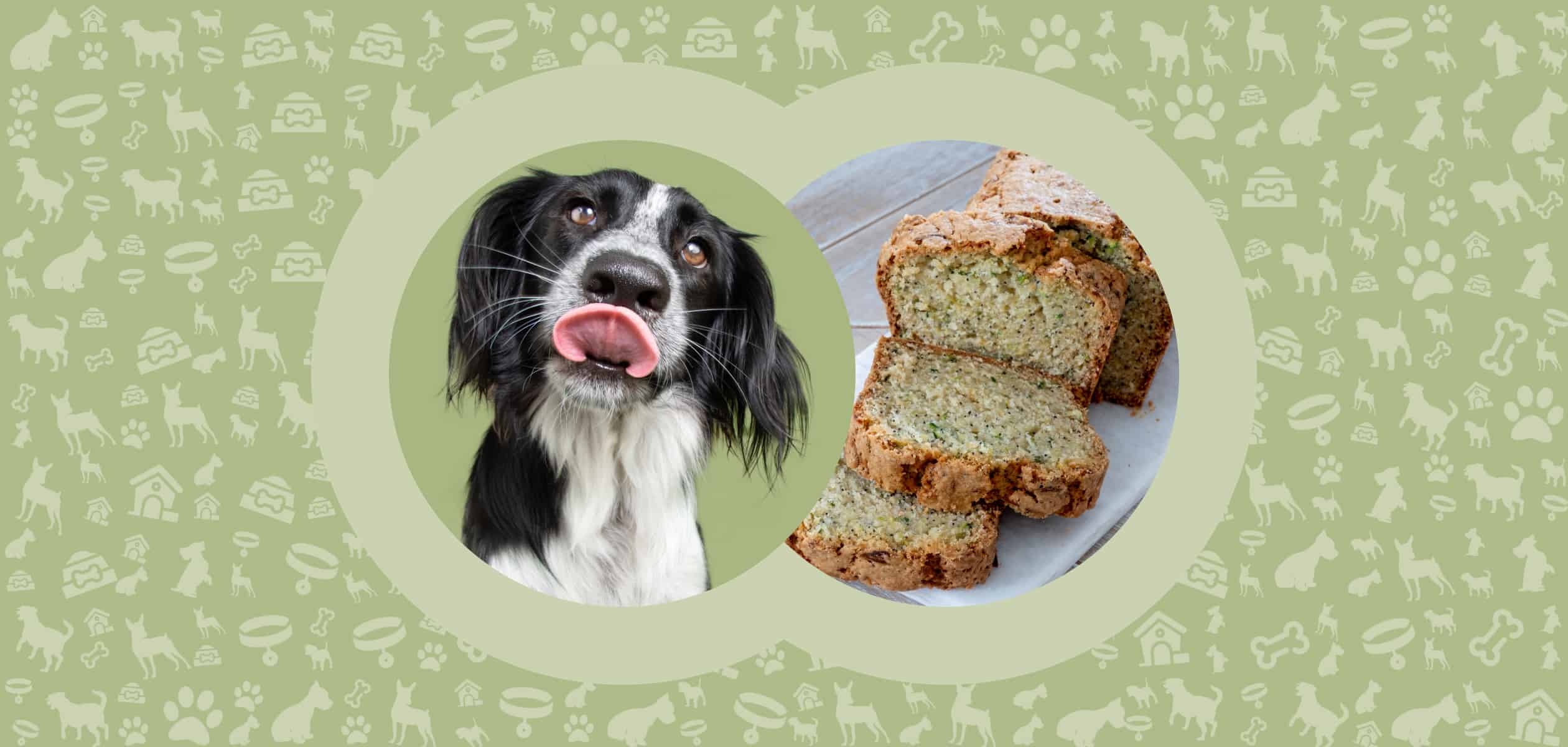
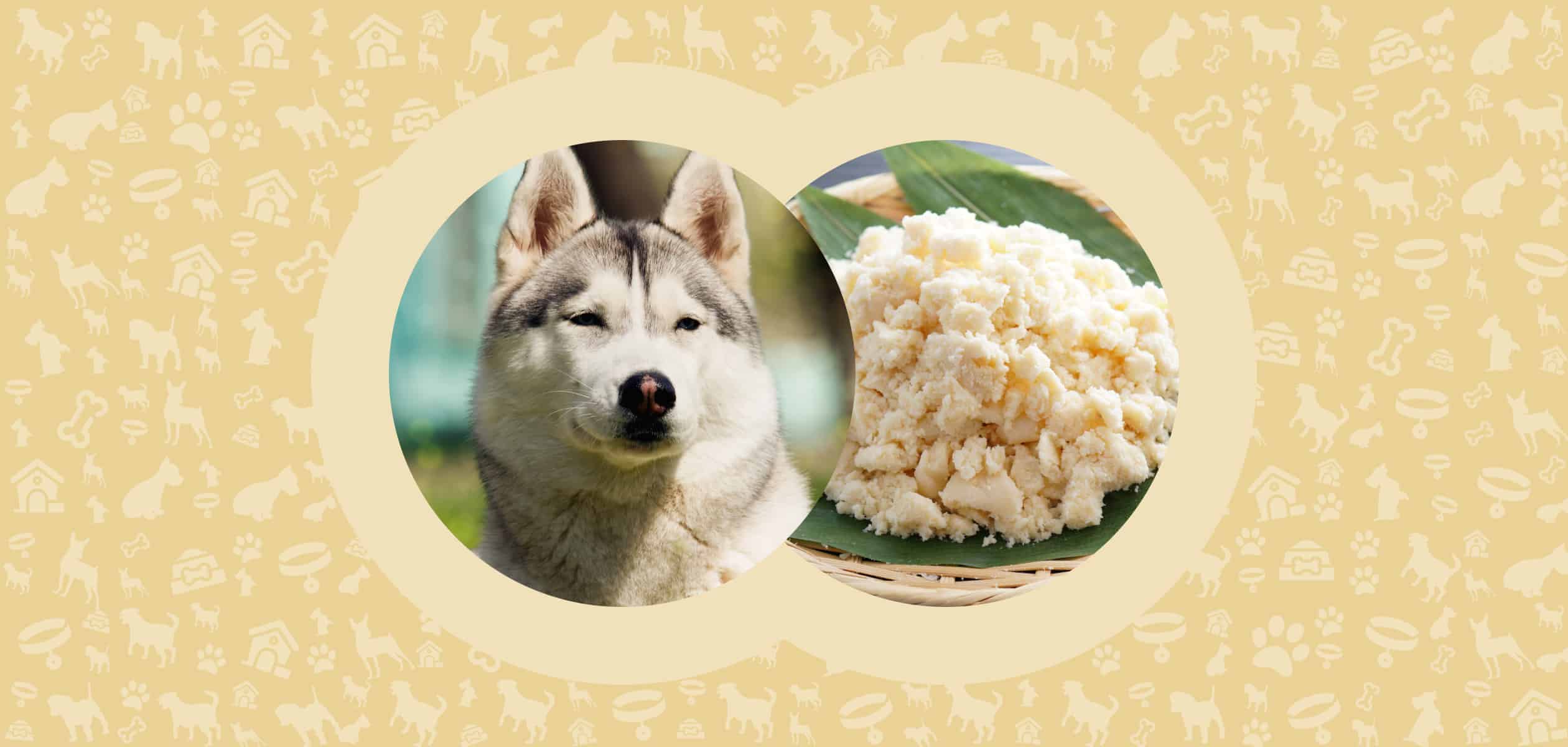
Leave a Comment